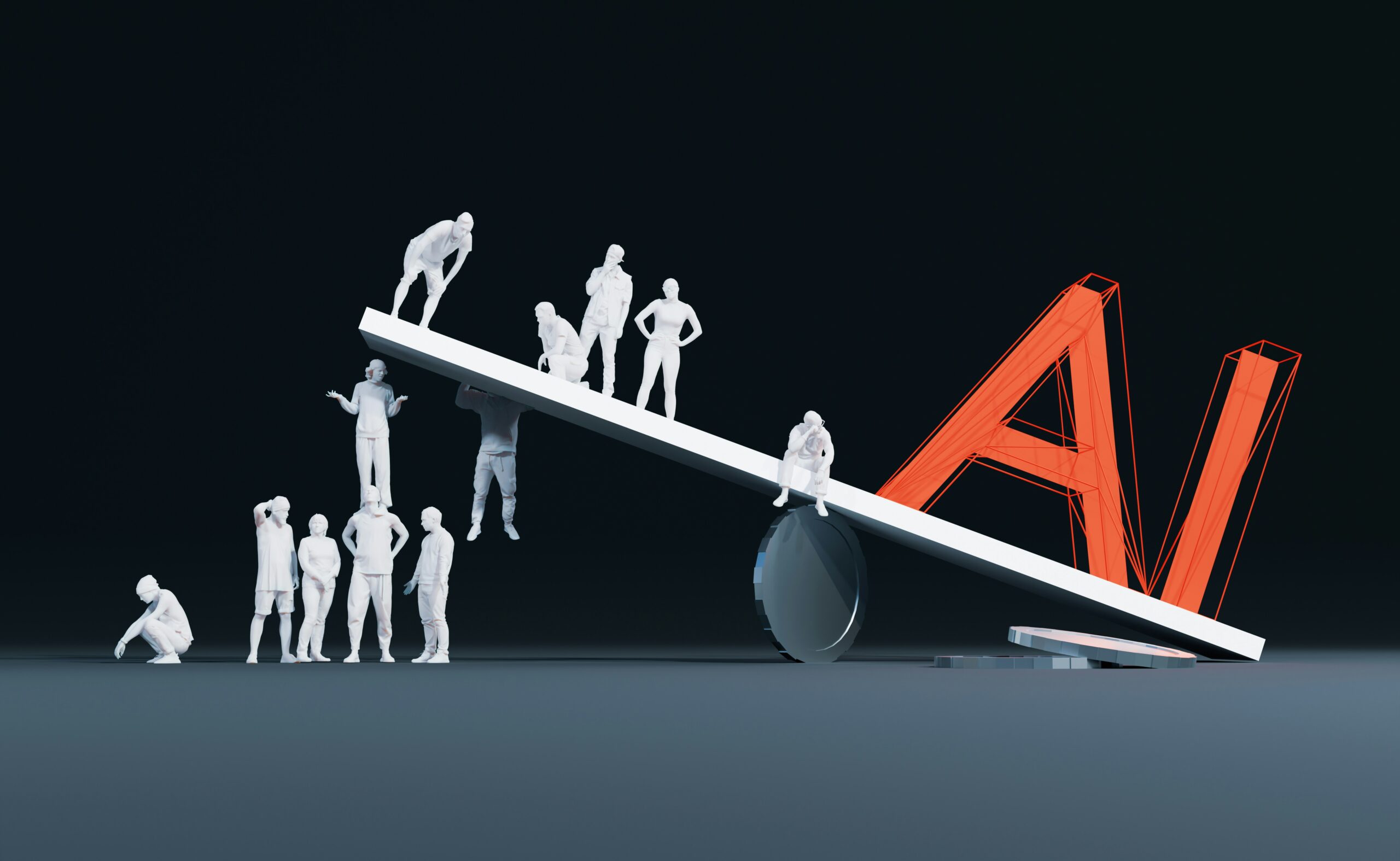The launch of OpenAI’s ChatGPT in 2022, and its subsequent massification, was partly fueled by AI experts’ promises about the technology’s revolutionary potential, as well as a widespread fear of missing out on what was portrayed as a century-defining tool.
“AI will not replace humans, but those who use AI will replace those who don’t,” noted Ginni Rometti, Former CEO of IBM.
The technology continues to expand across industries and sectors worldwide at break-neck pace. As signaled by Mckinsey’s most recent The state of AI report, organizations are beginning to create structures and processes specifically for valuable generative AI use, redesigning workflows, elevating governance, and mitigating risks.
In the U.S., Citigroup projects that total AI spending will surpass $2.8 trillion USD by 2029, as hyperscalers aggressively invest and enterprise growth increases AI appetite. Wall Street brokers also increased their estimates, saying tech giants’ spending in AI will reach $490 billion USD by the end of 2026, up from earlier estimates of $420 billion USD.
Amid the adoption and the big spending, however, a new report by AI advisory and digital engineering firm Solvd found that there is a disconnect between technicians and company executives: although 97% of CIOs worry about AI ethics, only a third have oversight in place.
AI is moving fast- should companies move faster?
For the report, Solvd surveyed 500 U.S.-based CIOs and CTOs at companies making over $500 million USD in ARR between July 24, 2025 and August 4, 2025, and found that executives face a dilemma: AI is evolving too quickly to be fully controlled, although its benefits are too valuable to ignore.
All respondents noted that they have benefited from using AI technologies, including improved strategy forecasting, better customer support, faster and more targeted hiring processes, and cost savings. With this, it is easy to conclude that AI’s role is increasingly foundational in driving enterprise success.
Regardless, companies continue facing talent shortages and rising costs, coupled with the practical challenges of leveraging a technology that 37% of respondents deemed as being integrated faster than it can be controlled.
“AI is moving fast, but expectations are moving faster […] We believe that ethical AI can be a sustainable force for business to improve resilience, unlock talent and enable strategic change,” noted Solvd CEO Adam Gabrault.
AI ethics can no longer wait
Ethics adds a further layer to the dilemma: CIOs and CTOs are almost unanimously concerned about unethical AI use within their companies, although only 34% of respondents identified it as the biggest threat to cost management and strategy building.
This timeline gap- from when AI was massified in 2022 to the implementation of universal ethical benchmarks for its use- is not surprising. According to the Harvard Law School Forum on Corporate Governance, the AI boom has led to AI-related shareholder proposals in the U.S., with 23 being submitted between January 2023 and June 2024.
“The main contributor to this increase was proposals asking for transparency on companies’ AI usage and ethical guidelines, which were submitted at seven companies. For the first time in 2024, shareholders also asked for specific attributions of board of responsibilities aimed at improving AI oversight,” Harvard noted.
Solvd’s findings further emphasize the urgency in AI ethical benchmarks within companies. “Without proactive oversight, companies risk costly regulatory and reputational penalties once stricter standards inevitably take hold,” the firm’s press release read.
In September 2024, for example, U.S. facial recognition company Clearview AI was fined more than $30 million USD by the Dutch data protection watchdog for building “an illegal database” of billions of faces taken from social media and the internet to sell facial recognition services.
More recently, on September 25, 2025, a California judge approved a landmark $1.5 billion USD settlement of a copyright class action brought against Anthropic, an AI safety and research company, for using unauthorized books in training its Claude AI model.
In this, AI innovators in the U.S. face the unprecedented challenge of navigating divergent interpretations of “ethical use”, while still seeking to harness the revolutionary potential of AI.
“AI shouldn’t be a case of ‘adopt now, think about ethics later’. The most successful firms will be those treating governance as a strategic priority from the start. AI adoption must be both innovative and sustainable- it doesn’t need to be one or the other,” Gabrault stated in a recent interview with The Sociable.
Image credit: Galiana Nelyubova via Unsplash.












